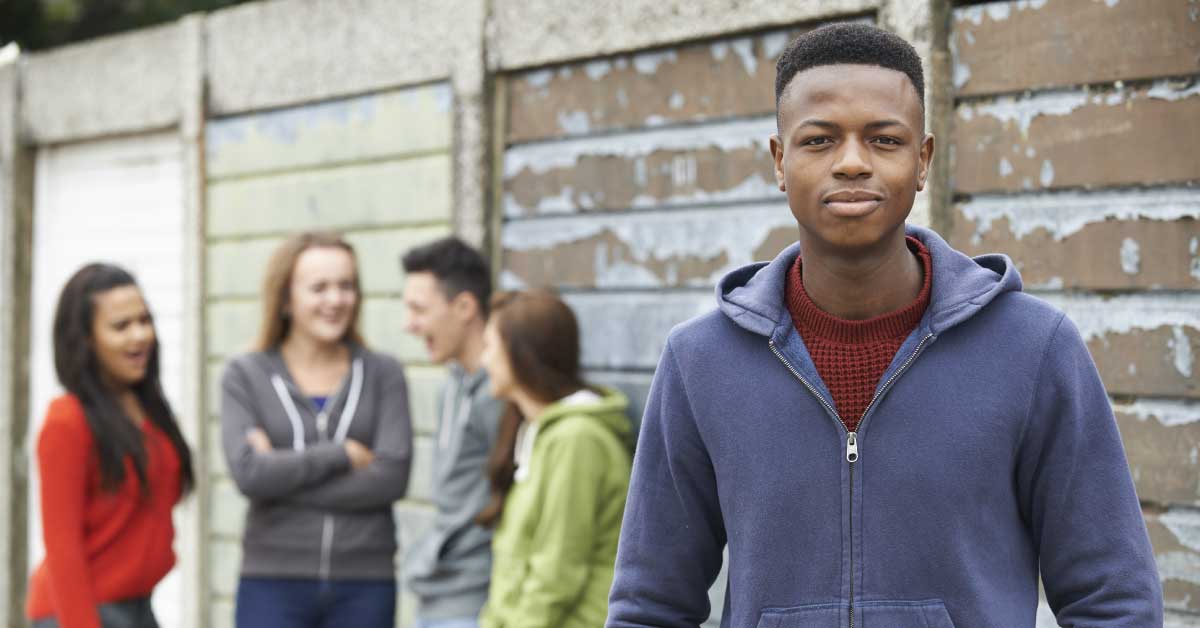For teenagers, their friends and their social life can quickly take a priority over everything else, including school. If your teenage daughter is struggling with behavior problems or mental health issues, she may not be in the best position to keep her goals and priorities straight. As a parent, you can help with balancing school and social life for troubled teen girls.
Here are 7 ways you can help your teen girl have an active, positive social life while still making school and important priority.
- Set goals with your teen, starting with short term aspirations and moving to long term ones. Setting and reaching goals are very important for teens to learn as they move toward adulthood. For example, let her tell you about what she envisions her life to be like as an adult and how school is a key part of that.
- Talk about what it will take to reach each goal and perhaps do some research. Many teens only have a vague idea of careers, higher education, trade schools and more. For example, if she wants to work with animals, you can look into requirements for a veterinary assistant or veterinarian. Seeing the reality of how school is the key to her dreams can have a big impact.
- Listen to her talk about her friends and activities. The better your communication is, the more likely she will be to share her thoughts and be open about what’s going on. Avoid judgment and criticism when listening, or she may shut down.
- Set up house rules for socializing. This might include curfew, limits on electronics and social media and other unique circumstances. Be fair and clear, knowing that your daughter’s social life is important. Always let her know that school takes priority over social things and then she will always know what to expect if she asks to do something but her homework isn’t done.
- Allow opportunities for responsibility, both in school and with friends. Your daughter will never learn the lesson of how to be responsible for herself if she doesn’t get the chance. This might mean stepping back and letting her do her science report on her own or leaving it to her to make arrangements for a ride to the movies to meet friends. Teaching your daughter how to solve her own problems will help her with school and socially.
- Provide help in prioritizing. If your daughter encounters two competing things, like a paper that’s due and an outing with friends, help her out by teaching her ways to manage both. For example, she could finish the paper early and then go out, rather than leave the school work to the last minute. Sometimes being organized seems simple to adults but teens haven’t yet learned those skills and could use parental guidance.
- Don’t be a control freak. Your teen is much more likely to rebel and defy you if you are harsh and deny her access to friends and social media. It’s important for teens to enjoy their friends and to develop social skills. If you don’t let her have a healthy social life, she may resort to sneaking out, rebelling and engaging in risky behavior even more than normal. Choose your battles and provide reasonable time for socializing without damaging time for school work.
Blending work and play is tough to do, even as an adult. Troubled teens may be more likely to ignore the school aspects and focus on the socializing. However, as a parent, you can help them keep their priorities in the right order, without completely shutting down your teenage girl’s social life.











0 Comments